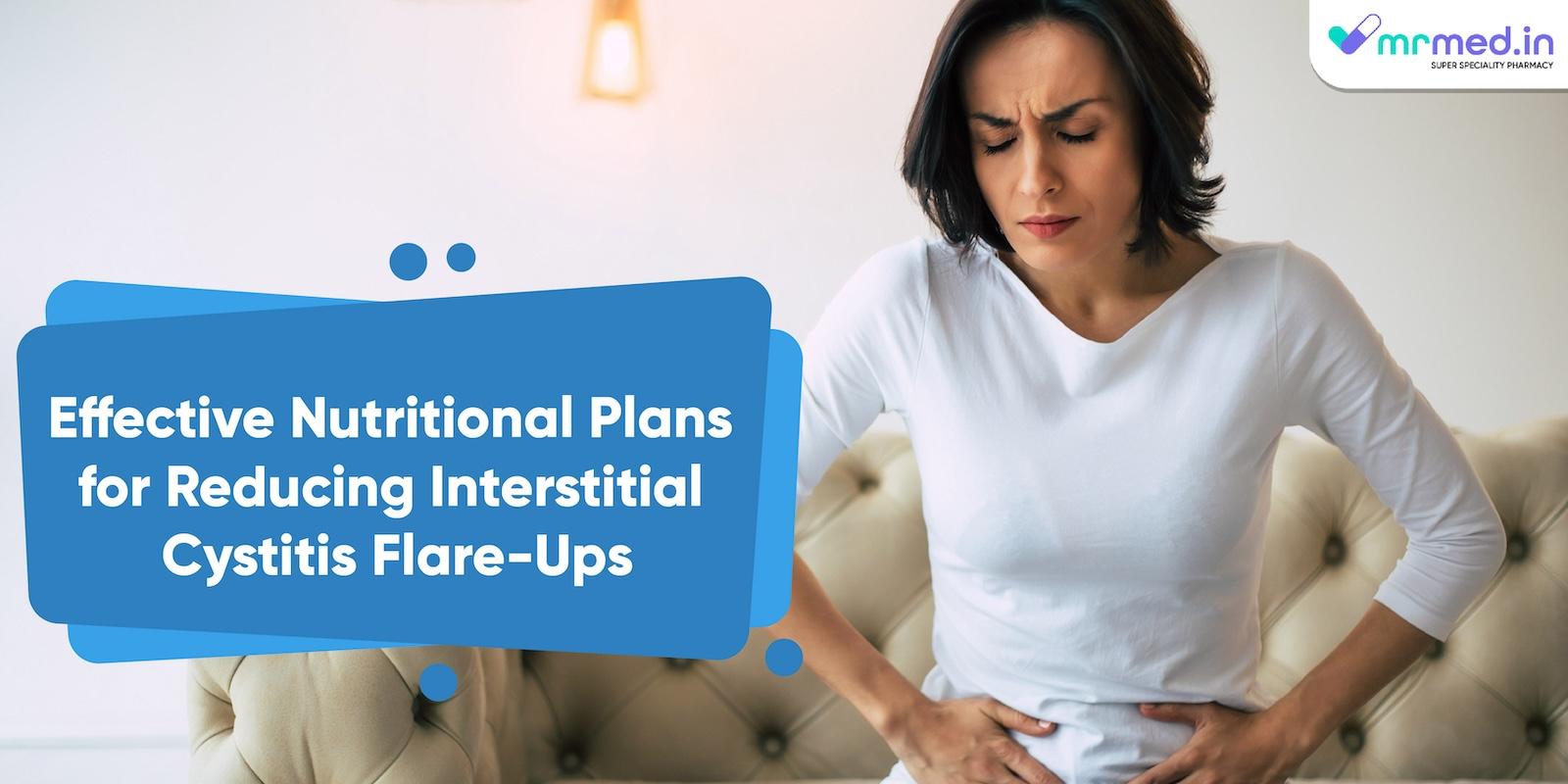Interstitial cystitis (IC) is a chronic condition characterised by bladder pain and frequent, urgent urination. Managing IC often involves dietary modifications to reduce flare-ups and improve quality of life. This guide explores effective nutritional plans to help manage IC symptoms and emphasizes the use of supplements. Pentosan polysulfate sodium is a medication that helps protect the bladder lining and reduce symptoms of IC. It works by restoring the mucosal layer of the bladder, preventing irritants in the urine from causing inflammation and pain.
What is the root cause of interstitial cystitis?
Interstitial cystitis, also known as painful bladder syndrome, can significantly impact a person's daily life. While the exact cause is unknown, it is believed to involve a combination of bladder lining defects, autoimmune responses, and nerve sensitivity. Symptoms can vary but typically include bladder pain, pressure, and discomfort, along with frequent and urgent urination.
How is interstitial cystitis managed?
1. Identifying Trigger Foods
Many individuals with IC find that certain foods and beverages can trigger flare-ups. Common triggers include:
-
Caffeinated drinks: Coffee, tea, and soda
-
Alcohol: Wines, beers, and spirits
-
Acidic foods: Citrus fruits and tomatoes
-
Spicy foods: Hot peppers and spicy sauces
-
Artificial sweeteners: Aspartame and saccharin
Keeping a food diary can help identify specific triggers for each individual. By tracking what you eat and noting any flare-ups, you can pinpoint which foods exacerbate your symptoms.
2. Adopting an IC-Friendly Diet
An IC-friendly diet focuses on eliminating potential trigger foods and incorporating more bladder-friendly options. Key components of this diet include:
2.1 Low-Acid Foods
Choosing low-acid foods can help reduce bladder irritation. These include:
-
Non-citrus fruits: Apples, pears, and blueberries
-
Vegetables: Green beans, squash, and potatoes
-
Grains: Rice, oats, and pasta
-
Proteins: Chicken, turkey, and fish
2.2 Alkaline Foods
Alkaline foods can help neutralize the acidity in the urine and soothe the bladder. These foods include:
-
Leafy greens: Spinach, kale, and chard
-
Root vegetables: Carrots, sweet potatoes, and beets
-
Nuts and seeds: Almonds, flaxseeds, and chia seeds
2.3 Hydration
Staying hydrated is crucial for overall bladder health. Drinking plenty of water helps dilute urine and reduce irritation. Aim for at least 8-10 glasses of water daily, and avoid caffeinated and sugary beverages.
How to recover from interstitial cystitis?
Pentosan polysulfate sodium, found in Cystopen 100mg capsule, is a medication that offers hope for individuals with IC. It helps protect the bladder lining and reduce symptoms of IC, providing relief and comfort. It works by restoring the mucosal layer of the bladder, preventing irritants in the urine from causing inflammation and pain.
Other Beneficial Supplements
-
Quercetin: A natural anti-inflammatory and antioxidant that can help reduce bladder inflammation.
-
Aloe Vera: Known for its soothing properties, aloe vera supplements can help alleviate bladder discomfort.
-
L-Arginine: An amino acid that may help improve blood flow and reduce symptoms in some IC patients.
Bladder-Friendly Foods
| Food Group | Examples |
| Fruits | Apples, blueberries, pears |
| Vegetables | Green beans, carrots, squash |
| Proteins | Chicken, turkey, fish |
| Grains | Rice, oats, pasta |
| Nuts and Seeds | Almonds, flaxseeds, chia seeds |
How do I start an IC elimination diet?
1. Gradual Changes
An IC elimination diet is a dietary approach that involves gradually eliminating potential trigger foods to identify which ones may be causing your symptoms. Making gradual dietary changes can help you adjust and identify specific triggers without overwhelming your system. Start by eliminating one potential trigger food at a time and monitor your symptoms.
2. Cooking at Home
Preparing meals at home allows you to control ingredients and avoid hidden triggers. Use fresh, whole foods and avoid processed products that may contain additives and preservatives.
3. Reading Labels
When purchasing packaged foods, read labels carefully to avoid hidden triggers such as artificial sweeteners, preservatives, and high-acid ingredients.
4. Balanced Nutrition
Include a variety of foods from different groups to ensure your diet remains balanced and nutritious. This helps maintain overall health and provides the necessary nutrients for your body.
Despite best efforts, flare-ups may still occur. When they do, the following strategies can help manage symptoms:
-
Heat Therapy: Applying a heating pad to the lower abdomen can help relieve pain and discomfort by increasing blood flow to the area and relaxing the muscles. This can be particularly beneficial during flare-ups.
-
Pelvic Floor Exercises: Strengthening pelvic floor muscles through exercises like Kegels can improve bladder control and reduce symptoms.
-
Stress Management: Stress can exacerbate IC symptoms. Techniques such as yoga, meditation, and deep breathing can help manage stress levels. These techniques can also help relax the muscles and reduce tension, which can be beneficial for individuals with IC.
Effective management of interstitial cystitis involves a comprehensive approach that includes dietary modifications, supplementation, and lifestyle changes. Regular consultation with healthcare providers and ongoing monitoring of symptoms is essential to tailor the management plan to each individual's needs.



